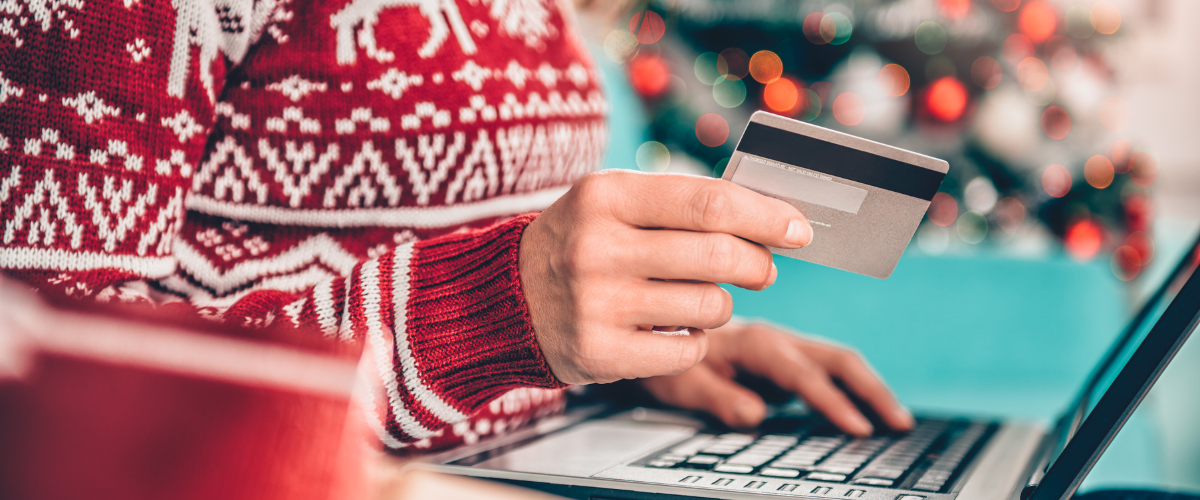User Tag List
Results 1 to 1 of 1
-
02-08-2025 #1Moderator


- Reputation
- 1
- Join Date
- Jul 2024
- Posts
- 2,474
- Thanks G/R
- 1/0
- Trade Feedback
- 0 (0%)
- Mentioned
- 0 Post(s)
- Tagged
- 0 Thread(s)
WoW Scam Prevention: How to Avoid Gold & Account Scams in 2024
WoW Scam Prevention: How to Avoid Gold & Account Scams in 2024

World of Warcraft (WoW) is one of the most popular MMORPGs globally, and with such a massive player base, it has become a prime target for scammers looking to steal gold, accounts, and personal information. As we move into 2024, scammers are getting more sophisticated, using social engineering tactics and advanced phishing techniques to trick players. In this guide, we will cover the latest WoW scams, how to identify them, and how to protect yourself from losing your hard-earned gold and account.
1. Understanding WoW Scams in 2024
Scammers employ various methods to deceive players, ranging from phishing emails to in-game trade scams. Understanding how they operate is the first step in avoiding them.
Common WoW Scams:
Gold Scams: Fraudulent gold-selling websites and fake in-game trades.
Account Phishing: Emails or messages pretending to be from Blizzard.
Fake Boosting Services: Scammers offering leveling or dungeon boosts only to disappear.
Trade Window Scams: Manipulation of trade windows to dupe players.
GDKP (Gold DKP) Frauds: Deceptive raid groups that take gold and disappear.
Guild Scams: Fake guild recruitment for scamming purposes.
2. How to Identify WoW Scams
Scams in WoW can be tricky to detect, but certain red flags should always raise suspicion:
Too Good to Be True Offers: If a deal seems unrealistically good, it likely is.
Unverified Websites: Always check if a gold-selling or boosting service is legitimate.
Unusual Trade Requests: Requests to trade without proper game mechanics in place.
Impersonation of Blizzard Officials: Fake messages from supposed Blizzard representatives.
Suspicious Discord or Social Media Links: These can lead to phishing pages.
3. Protecting Your WoW Account
To safeguard your WoW account from scams, follow these essential security practices:
a) Enable Two-Factor Authentication (2FA)
Blizzard offers an Authenticator App that provides an extra layer of security, preventing unauthorized access even if your password is compromised.
b) Never Share Account Information
Blizzard will never ask for your password. Do not share your login credentials with anyone, including supposed game masters.
c) Avoid Buying Gold from Third-Party Sites
Buying gold from non-official sources is against Blizzard’s terms and often leads to scams. These sites frequently steal accounts and payment information.
d) Verify Websites and Services
If you must purchase a service like boosting or game currency, always check reviews and forums like OwnedCore to verify the legitimacy of a seller.
e) Use Secure Payment Methods
Avoid using PayPal Friends & Family or cryptocurrency for purchases. These methods provide no buyer protection against scams.
4. Avoiding In-Game Scams
a) Be Wary of Trade Window Scams
Scammers often swap out items or gold at the last moment. Always double-check before confirming a trade.
b) Watch Out for Fake Boosting Services
Scammers offer raid, dungeon, or leveling boosts for a fee and then disappear. Always use verified and reputable boosting services.
c) GDKP (Gold DKP) Scam Prevention
In GDKP runs, scammers may collect gold from participants and then leave. Only join well-known and reputable raid groups.
d) Guild Recruitment Scams
Some fake guilds recruit members, demanding an entry fee or gold deposit, only to disband after collecting payments. Verify the legitimacy of a guild before
joining.
5. Recognizing Phishing Scams
a) Fake Emails from Blizzard
Scammers often send emails claiming to be Blizzard, stating your account is at risk or offering free rewards. Check the sender’s email domain; Blizzard’s official emails come from @Blizzard.com.
b) Discord and Social Media Phishing
Be cautious of links shared on Discord, Reddit, or social media. Scammers frequently impersonate Blizzard staff to steal accounts.
c) Impersonation Scams
Scammers may impersonate Blizzard employees, popular players, or streamers. Verify identities through official Blizzard channels.
6. Reporting WoW Scams
If you encounter a scammer, report them immediately through Blizzard’s in-game report system. This helps Blizzard take action against malicious actors and protect the community.
How to Report:
In-Game Report System: Right-click the player’s name and select “Report Player” for scams.
Blizzard’s Website: Submit a ticket with screenshots and evidence.
Forums & Communities: Warn others on OwnedCore, WoW forums, or Reddit.
7. Staying Updated on WoW Scams
New scams emerge regularly, so it’s important to stay informed:
Follow WoW News Sites: Websites like Wowhead and Blizzard’s official updates.
Join WoW Security Communities: Forums like OwnedCore and r/wow.
Watch for Blizzard Announcements: Blizzard frequently updates players on security issues.
Final Thoughts
Scammers will always try to exploit WoW players, but by staying vigilant and following the best practices outlined in this guide, you can protect yourself from falling victim to gold and account scams in 2024. Always verify the legitimacy of transactions, use Blizzard’s security tools, and stay updated on the latest scam tactics. If a deal seems too good to be true, it probably is. Stay safe, and happy gaming!
Similar Threads
-
How to Play Casino online On Mobile in 2024 - Mobile Casino Bonuses
By Hannibal99 in forum CasinoReplies: 2Last Post: 12-05-2024, 11:57 AM -
How to Use Flexepin at Online Casinos in 2024: Step-by-Step Guide
By Adilmurad in forum gamblingReplies: 0Last Post: 09-17-2024, 02:21 PM -
How to Play Casino online On Mobile in 2024 - Mobile Casino Bonuses
By Hannibal99 in forum Casino Reviews & RecommendationsReplies: 1Last Post: 12-19-2023, 05:13 PM -
How to get gold using lua (Noob in unlock lua)
By lucao799 in forum World of Warcraft GeneralReplies: 3Last Post: 07-10-2020, 10:43 AM















 Reply With Quote
Reply With Quote







